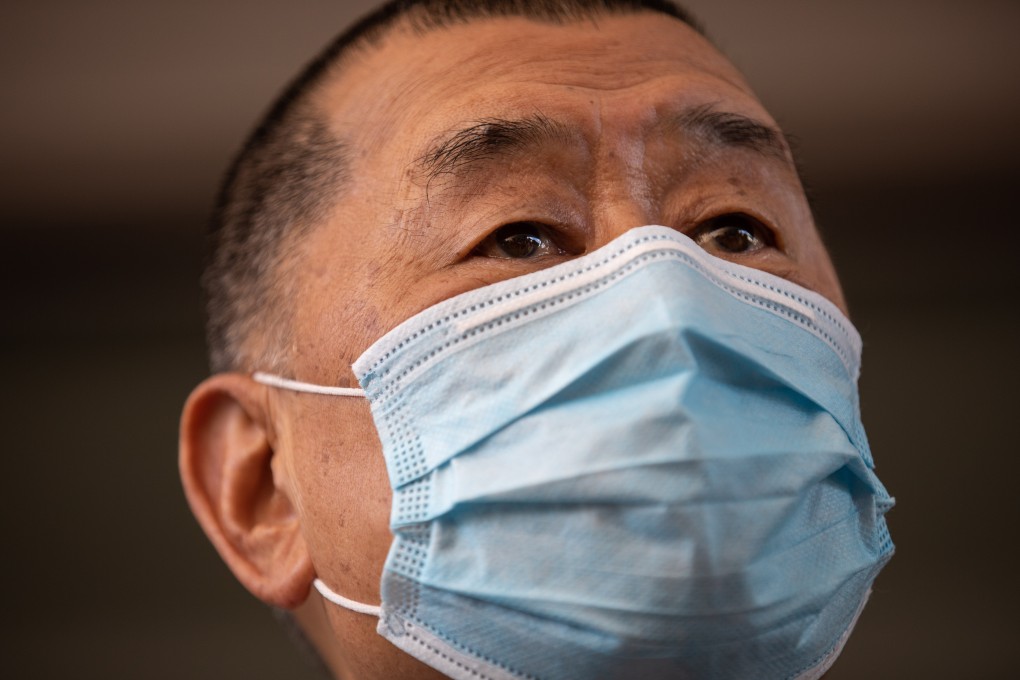Hong Kong’s High Court rules that government restriction of Jimmy Lai’s Next Digital voting rights complies with national security law
- Lai’s lawyers had urged the move so he could vote on his company’s liquidation, but authorities warned doing so could pose national security risk
- The 73-year-old Apple Daily founder, now serving 20 months over three unauthorised demonstrations, faces two charges under national security law

Hong Kong’s High Court has ruled against jailed media tycoon Jimmy Lai Chee-ying in finding that the Security Bureau can restrict his voting rights as the major shareholder of Next Digital under the national security law.
But the court stopped short of saying whether Lai should be granted the limited right to vote only on the issue of winding up the media company, saying he should first make an application to the bureau.
Mr Justice Anthony Chan Kin-keung said the court was not in a position to conduct a national security risk assessment for his plan to wind up the company, which published the now-defunct Apple Daily newspaper, and Lai could come back for adjudication if the secretary for security disagreed with him on that application.
Lai’s lawyers had urged the court to restore his voting rights on the Next Digital board so he could vote on liquidation, adding that this would not constitute “dealing with” the frozen properties under the security law.
But the authorities were concerned that he might use his vote to exercise control over the company and provide financial support to those who planned to endanger national security, or to divert the company assets overseas.
The action against Lai marked the first time authorities had invoked their new powers to go after the assets of a listed company on suspicion they could be related to the commission of a national security crime.